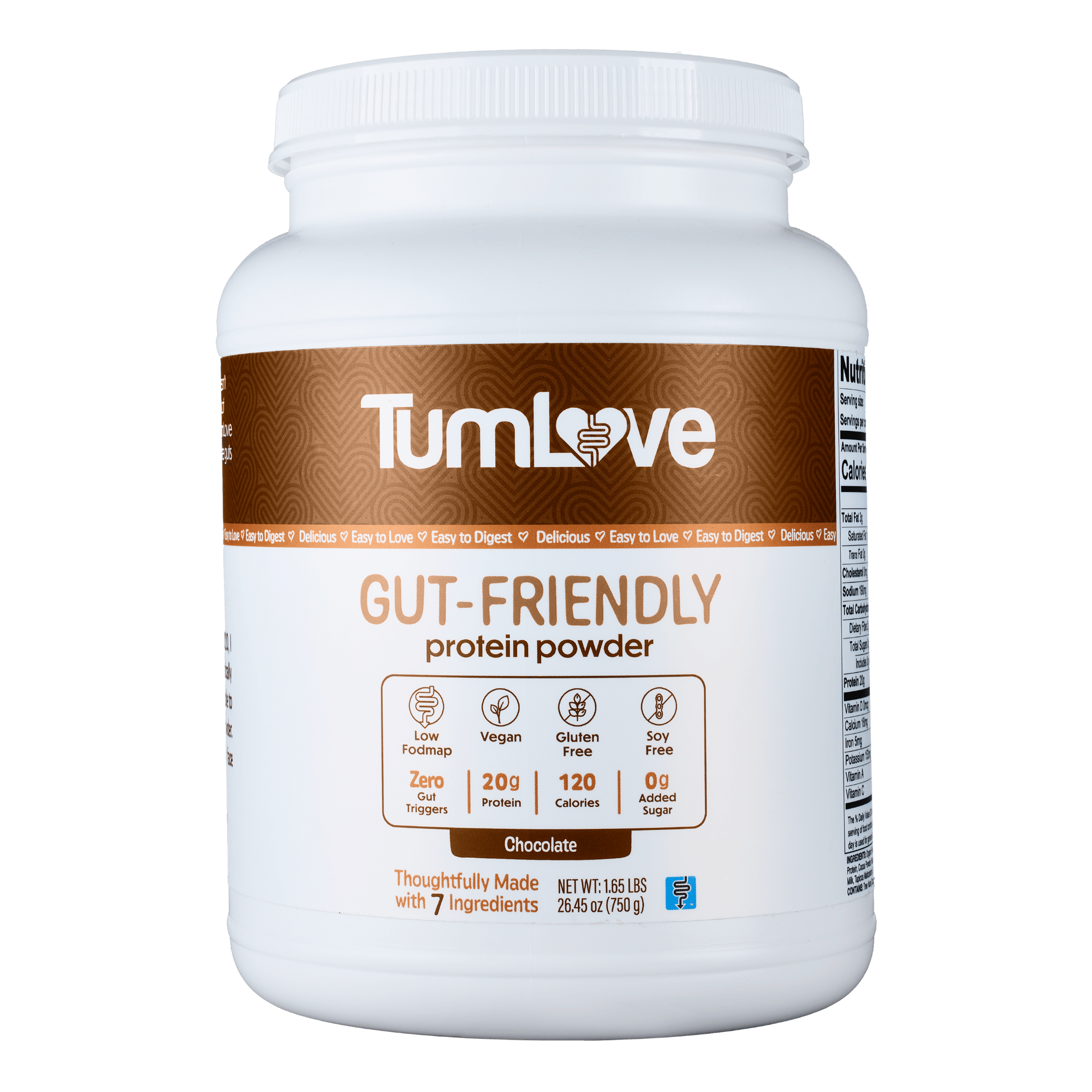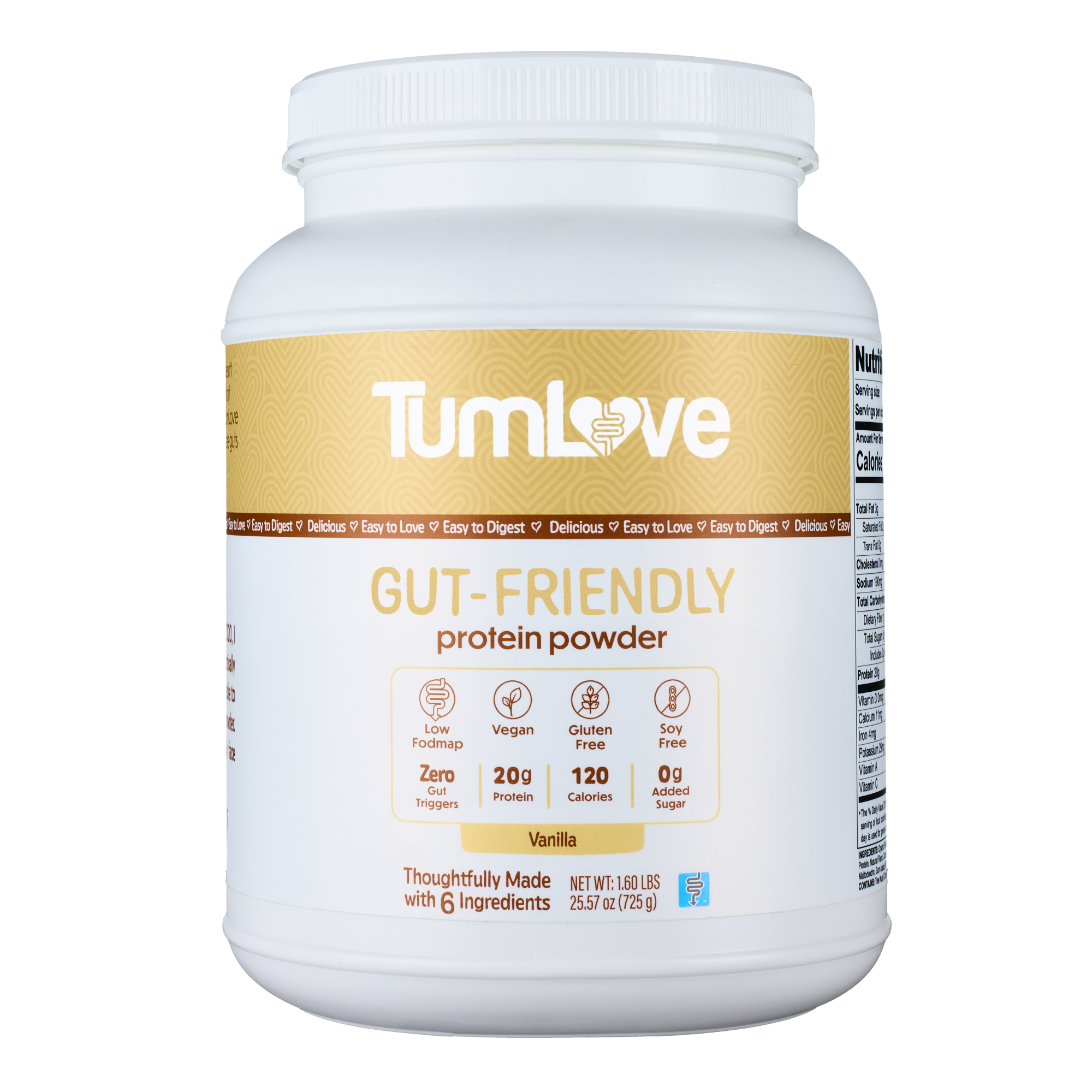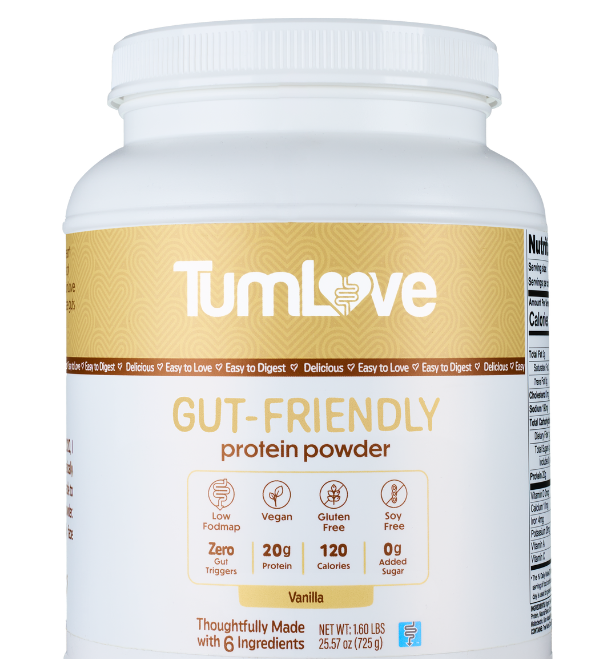Navigating the balance between supplementing your diet and maintaining kidney health can be tricky, especially with protein powders. That’s where TumLove steps in. Our gentle-on-the-kidneys protein blend is crafted to support your health and fitness goals, without the unnecessary strain on your body's filters. Let's dive into how protein powder and kidney health coexist, keeping your well-being at the forefront.
★★★★★
"Now I can do what I love while feeling great!"
- Lileia S.
While protein shakes have gained popularity as an effective way to supplement protein intake, especially among fitness enthusiasts, concerns about their potential impact on kidney health have also risen. Let's dive deep into understanding how protein powder affects our kidneys.
The Kidney's Role in Protein Processing
Our kidneys play a crucial role in filtering waste products from the blood. As proteins break down, they produce waste, which our kidneys help to expel. This natural process becomes complicated when the protein intake is disproportionately high for prolonged periods.Is Protein Powder Bad for Your Kidneys?
The short answer: Not necessarily. The idea that high protein intake damages the kidneys is a common one, but it's not entirely accurate. For individuals with healthy kidneys, consuming protein powder in moderate amounts doesn't present any significant risk. However, excessive protein can strain the kidneys, especially if someone already has kidney issues.Protein Powder and Kidney Function: The Science
Studies have shown a mixed bag of results. Some suggest that high protein diets, when consumed over long periods, might strain the kidneys. Others found no connection between protein intake and decreased kidney function in healthy individuals.Optimal Protein Intake for Healthy Kidneys
It's essential to strike a balance. The average sedentary woman requires about 46g of protein daily, while a sedentary man needs 56g. Active individuals or those building muscle might need more. Using Tumlove's protein powder, you can ensure a delicious and gut-friendly way to supplement your protein needs without going overboard.Finding Kidney-Friendly Protein Shakes
Look for shakes low in added sugars and artificial ingredients. Opt for plant-based proteins or those specifically formulated for individuals with health concerns.The Verdict on Whey Protein
A common question is: Does whey protein powder cause constipation? Whey protein is a derivative of milk and is one of the most popular protein supplements available. While it's packed with essential amino acids, there are concerns regarding its impact on the kidneys. Some research suggests that in large quantities, whey protein might contribute to kidney strain. However, for the general population without kidney issues, whey protein, when consumed in moderation, should not pose significant risks.Alternative Protein Sources and Their Benefits
For those concerned about the potential risks of protein powders on kidney health, there are alternatives:
- Plant-Based Proteins: Options like pea, hemp, and rice protein are increasingly popular. They're not only gentle on the kidneys but also come with the added benefits of being vegan and often more digestible.
- Whole Food Protein Sources: Foods such as lentils, chickpeas, quinoa, and tofu are excellent sources of protein without the potential risks associated with processed powders.
Tips to Ensure Kidney Health While Consuming Protein Supplements
- Stay Hydrated: Drinking ample water can help in processing protein and aids the kidneys in expelling waste products.
- Limit Additional Salt Intake: High sodium can put additional strain on the kidneys. Monitor your salt intake, especially when consuming protein supplements.
- Consult with a Professional: Before making any drastic changes to your protein intake or starting a new supplement, always consult with a nutritionist or doctor to understand your unique needs.
Conclusion
While protein supplements offer numerous benefits, like muscle growth and aiding in recovery, it's vital to approach them with a balanced perspective. The general consensus is that for individuals with healthy kidneys, moderate protein consumption, even from powders, poses minimal risk. However, those with existing kidney conditions should proceed with caution. Always prioritize balance, listen to your body, and consult with professionals when in doubt. Your kidneys and overall health will thank you for it.
Shop Now




